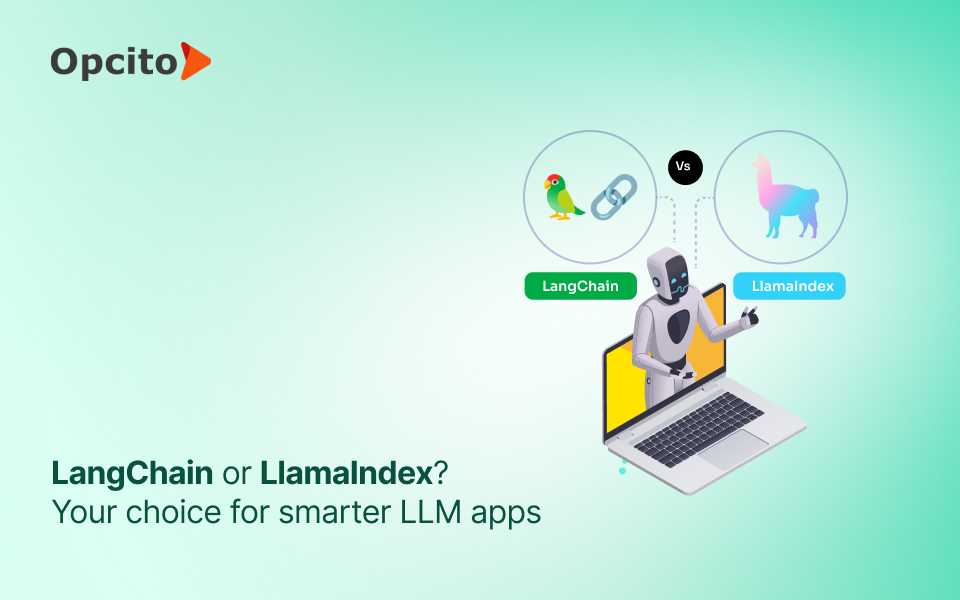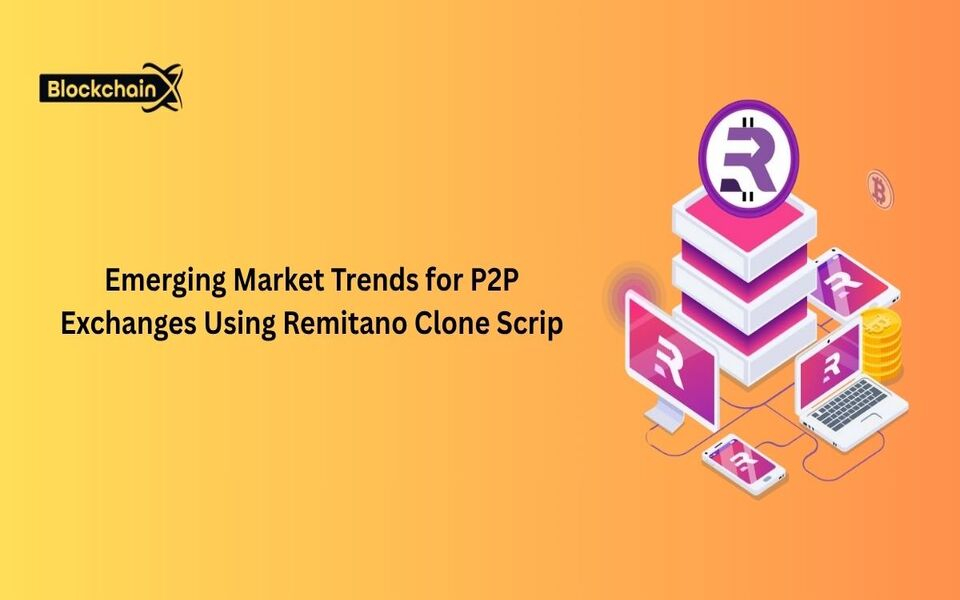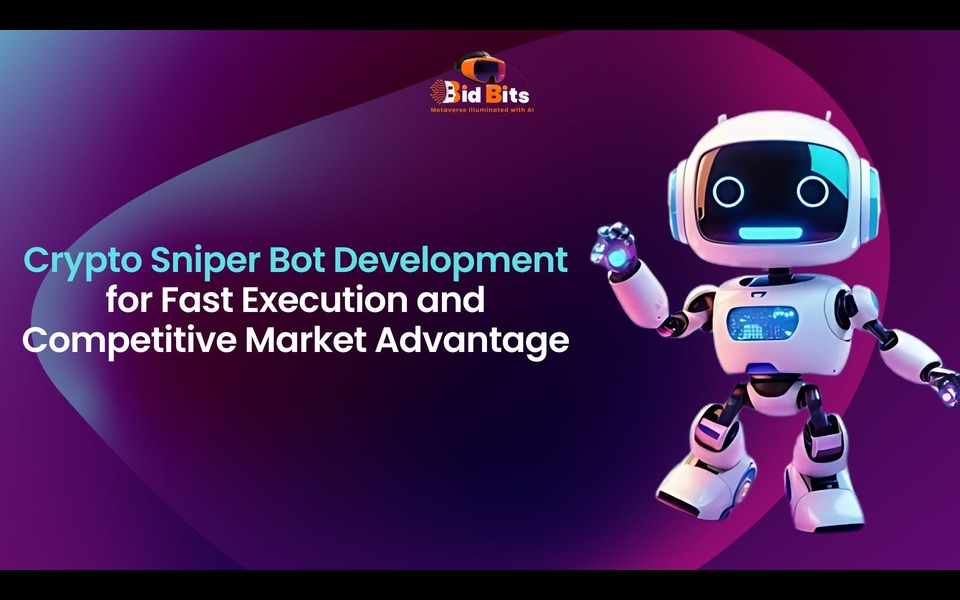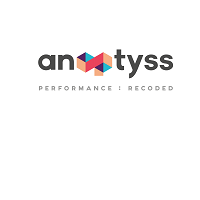In the world of blockchain and decentralized systems, privacy has long been an elusive goal. While transparency and immutability are among the most celebrated features of blockchains, they also create a paradox: every transaction, balance, and interaction is public. This is especially problematic for financial applications, supply chains, and identity systems that demand confidentiality. Enter zero-knowledge proofs—a cryptographic breakthrough that is redefining how privacy and trust coexist in decentralized ecosystems.
As decentralized finance (DeFi) and smart contract technologies become more sophisticated, privacy enhancements like zero-knowledge proofs are no longer optional—they are essential. This article explores how zero-knowledge proofs are revolutionizing smart contract privacy and how smart contract development company are integrating these technologies to deliver cutting-edge privacy-preserving solutions.
The Limitations of Traditional Smart Contracts
Smart contracts are self-executing pieces of code deployed on a blockchain that perform transactions and execute logic when predefined conditions are met. Their deterministic nature and on-chain transparency ensure fairness and trustlessness. However, this same transparency becomes a disadvantage when sensitive data or private business logic is involved.
Whether in DeFi applications, voting protocols, healthcare records, or confidential enterprise transactions, exposing transaction inputs, business strategies, or personal identifiers poses serious risks. These limitations hinder adoption in sectors where privacy is a legal or competitive requirement.
Moreover, front-running in DeFi—where malicious actors exploit pending transaction data to gain an edge—is a growing concern directly linked to the lack of privacy in smart contracts. Users and developers are increasingly seeking tools that allow verification without full disclosure, and this is where zero-knowledge proofs come into play.
What Are Zero-Knowledge Proofs?
Zero-knowledge proofs (ZKPs) are cryptographic methods that allow one party to prove to another that a statement is true, without revealing any information beyond the validity of the statement itself. The core idea is that verification is possible without exposing underlying data.
There are different types of ZKPs, with zk-SNARKs (Zero-Knowledge Succinct Non-Interactive Argument of Knowledge) and zk-STARKs (Zero-Knowledge Scalable Transparent Arguments of Knowledge) being the most prominent. These systems are being widely adopted for blockchain scalability and privacy applications due to their efficiency and security.
When integrated into smart contracts, ZKPs allow for verification of data conditions without publishing the data. This means contracts can execute logic based on private inputs while maintaining the integrity and trust of the blockchain.
Smart Contract Development Companies and ZKP Integration
Smart contract development companies are at the forefront of implementing zero-knowledge proof systems in real-world applications. These companies offer specialized smart contract development services that incorporate advanced cryptographic protocols, making it feasible for businesses to build privacy-preserving decentralized applications (dApps).
Developers working in these firms must understand both cryptography and blockchain infrastructure. They design custom logic that can interact with ZKP libraries and coordinate off-chain and on-chain components for privacy enforcement.
These firms are also instrumental in integrating ZKP frameworks such as ZoKrates, SnarkJS, StarkWare, and zkSync into Ethereum-based smart contracts. Their work involves optimizing circuit design, managing trusted setups (in the case of zk-SNARKs), and ensuring smart contracts can validate proofs efficiently.
By offering services like circuit compilation, verifier contract deployment, and end-to-end integration with frontend applications, these companies make ZKPs accessible to DeFi projects, DAOs, and enterprise blockchains.
Smart Contract Development Services Empowering Privacy
As demand for private transactions grows, smart contract development services have expanded to include robust ZKP functionality. These services are essential to ensure a seamless and secure user experience in privacy-focused applications.
Custom ZKP Circuit Development is a core service. Smart contract development firms write and compile ZKP circuits that represent business logic in a privacy-preserving format. This involves deep knowledge of arithmetic circuit design and understanding of how to balance security and performance.
On-chain Verifier Contract Deployment ensures that smart contracts can verify zero-knowledge proofs without bloating the network or incurring high gas costs. This service requires careful optimization of smart contract code and tight integration with off-chain components that generate the proofs.
ZKP Integration into Existing dApps allows businesses to retrofit their current smart contracts with zero-knowledge capabilities. This could involve enhancing user identity protection, hiding transaction amounts, or verifying compliance without exposing personal data.
Multi-chain Privacy Deployment expands these services across multiple ecosystems. Smart contract developers now build privacy layers on Ethereum, Polygon, Arbitrum, zkSync, and even non-EVM chains like Solana. This ensures that privacy is not confined to a single network but becomes a standard across the decentralized web.
Full-stack Development for Private dApps combines front-end, middleware, and smart contract layers to create holistic solutions. These services ensure that the entire application flow—from user input to contract execution—respects privacy guarantees using ZKP technology.
Real-World Use Cases of Zero-Knowledge Proofs in Smart Contracts
One of the most visible applications of ZKPs is in shielded transactions. Projects like Tornado Cash enable users to make private ETH or ERC-20 transfers. Smart contracts use ZKPs to confirm that a user has deposited tokens into a pool without revealing which deposit is being withdrawn. This ensures transactional anonymity while preserving the integrity of the system.
Decentralized identity systems such as those being built by projects like Polygon ID or zkPass use ZKPs to prove age, citizenship, or KYC compliance without exposing user data. Smart contracts validate that users meet certain criteria without actually learning the data behind those claims.
DeFi platforms are beginning to adopt ZKPs for private lending and borrowing. With smart contracts, users can prove they have sufficient collateral or creditworthiness without exposing wallet balances or historical transactions.
Gaming platforms use zero-knowledge proofs to implement anti-cheat mechanisms and hidden information logic. This allows players to prove the legitimacy of their moves or actions without revealing their entire game state.
Enterprise blockchains use ZKPs to create private audit trails for supply chain management, financial reporting, and regulatory compliance. Smart contracts ensure that all steps are verifiable and immutable while keeping business-sensitive data confidential.
The Role of zkEVM in Enabling ZKP Smart Contracts
One of the most significant innovations driving ZKP adoption is the zkEVM, or zero-knowledge Ethereum Virtual Machine. zkEVM is a new type of Layer-2 solution that allows Ethereum smart contracts to be executed in a zero-knowledge-proof compatible environment.
zkEVM platforms like Polygon zkEVM and zkSync Era offer scalability and privacy benefits by generating validity proofs for entire batches of transactions. These proofs are then submitted to the Ethereum mainnet, reducing gas fees and improving throughput.
Smart contract development companies now offer specialized services to migrate Solidity contracts to zkEVM-compatible environments. This includes rewriting certain logic, optimizing for ZKP execution, and ensuring that privacy-preserving features function correctly in this new paradigm.
By using zkEVMs, developers can deploy contracts that maintain Ethereum compatibility while gaining access to scalable and private execution. This bridges the gap between usability and privacy, making it easier for developers and users to adopt advanced features.
Challenges in Building Privacy-Preserving Smart Contracts
Despite their potential, integrating ZKPs into smart contracts is not without challenges. Circuit design is a complex and technical task that requires deep mathematical and programming knowledge. Mistakes in circuit design can lead to invalid proofs or security vulnerabilities.
Trusted setups, often required in zk-SNARKs, present a centralization risk if not properly managed. While many projects now use multi-party computation (MPC) ceremonies to mitigate this, the need for initial trust can be a barrier for some use cases.
Verification costs on-chain can still be significant, especially for more complex circuits. This makes efficiency and gas optimization a priority for development teams.
User experience is another hurdle. Users often need to run a local prover to generate zero-knowledge proofs, which can be resource-intensive. Development firms are actively working on cloud-based proving services or browser-based optimizations to make this seamless.
Regulatory ambiguity around privacy-preserving technologies remains a concern. Some governments view private transactions with suspicion, leading to bans or scrutiny on privacy protocols. Smart contract developers must work with legal teams to ensure compliance with international data protection laws.
The Growing Ecosystem of ZKP-Enabled Development Tools
Smart contract development companies rely on a growing ecosystem of tools to build and deploy ZKP-powered contracts. Tools like ZoKrates, a high-level language and toolkit for writing and compiling ZKP circuits, are used extensively for educational and production-grade projects.
SnarkJS, a JavaScript-based proving and verifying library, is favored for front-end integration, allowing proofs to be generated in-browser or on lightweight clients. Circom, a language for designing arithmetic circuits, is popular among expert developers who want full control over performance and security.
zkSync SDK and StarkWare’s Cairo language are gaining traction for building on zero-knowledge rollups and Layer-2 chains. These platforms provide developer-friendly abstractions and APIs, enabling quicker onboarding for teams familiar with Solidity.
Smart contract development services now include training and onboarding for these tools, helping internal teams of businesses build in-house capabilities around ZKP integration.
Why Smart Contract Development Companies Are Critical for ZKP Adoption
Implementing zero-knowledge proofs is not a plug-and-play process. It requires a deep understanding of cryptography, blockchain architecture, front-end integration, and security auditing. This is why the role of professional smart contract development companies is more important than ever.
These companies act as innovation partners. They bridge the gap between theoretical cryptography and practical application. By providing turnkey services, they reduce the barrier to entry for projects that want to implement privacy but lack internal expertise.
Their ability to integrate ZKPs while maintaining performance, scalability, and security ensures that projects launch faster and with greater confidence. Moreover, many firms offer ongoing support, updates, and upgrades, ensuring that smart contracts remain effective as ZKP technology evolves.
With dedicated teams for compliance, user experience, and DevOps, these companies provide full-spectrum solutions that go far beyond writing contract code.
The Future of Privacy in Smart Contracts
As privacy regulations like GDPR and the growing demand for user sovereignty become more prevalent, zero-knowledge proofs will be central to the next generation of smart contracts. We are moving toward a future where privacy is not just an optional feature but a default expectation.
In the next phase, smart contracts will handle not only financial transactions but also legal contracts, personal credentials, intellectual property, and sensitive enterprise data. Zero-knowledge proofs will ensure that these contracts function transparently without compromising user or corporate privacy.
Smart contract development companies will continue to lead this transformation. They will create reusable templates for common ZKP use cases, develop middleware for off-chain data verification, and contribute to open-source projects that democratize privacy technologies.
We will also see convergence between artificial intelligence and zero-knowledge computing. Privacy-preserving machine learning on blockchain, powered by ZKPs, could become a standard feature for predictive financial models, identity verification, and decentralized insurance.
Conclusion
Zero-knowledge proofs are not just an upgrade—they are a paradigm shift for smart contract privacy. As more sectors look to blockchain for solutions, the demand for confidentiality, security, and compliance will grow exponentially. Smart contract automation, already revolutionizing DeFi and other sectors, is now being enhanced with robust privacy frameworks powered by ZKPs.
Smart contract development services and their advanced development companies play a crucial role in making this possible. By providing the technical expertise, tools, and integration workflows necessary to implement ZKPs, they are ensuring that the decentralized future is both functional and private.
The journey toward private, efficient, and trustless smart contracts has begun. With zero-knowledge proofs at the helm and skilled developers behind the scenes, the potential for secure, automated, and privacy-respecting decentralized applications is boundless.
























